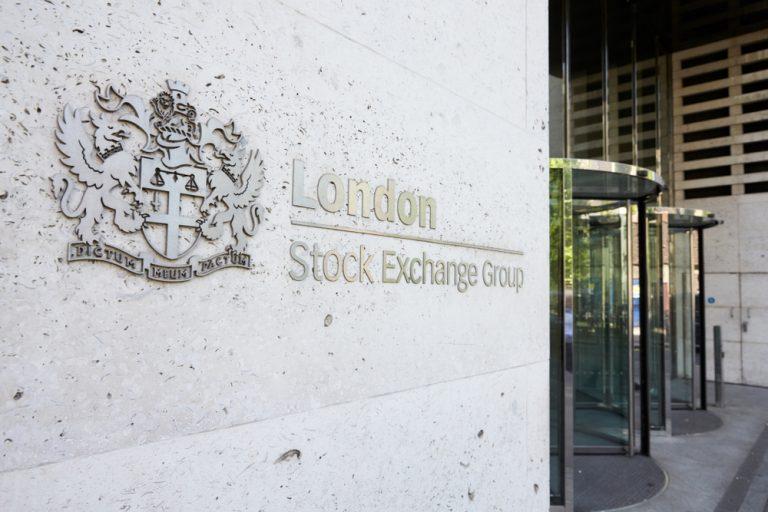
The FTSE 100 fell on Wednesday as investors shifted their attention to upcoming earnings season and the damage coronavirus may have had on corporate earnings.
In addition, investors digested warnings from the IMF that the global economy was heading towards the worst recession since the Great Depression.
The IMF have predicted the global economy will shrink by 3% in 2020, with Europe particularly heavily hit contracting by 7.5%.
The projections did, however, limit the economic downturn to 2020 before sharp rebounds next year.
The UK’s economy is expected to shrink by 6.5% in 2020 before rebounding 4% in 2021.
The #IMF says the “Great Lockdown” recession will likely be the worst since the Great Depression. Global economy projected to shrink by 3% in 2020. By contrast, in January, the IMF had forecast a global GDP expansion of 3.3% for this year. Details in chart below. Table: @IMFNews pic.twitter.com/Kg6oXUvJ4c
— 🚶🏻Curtis S. Chin (@CurtisSChin) April 14, 2020
Coming into the coronavirus crisis many investors and analysts had predicted a V-shaped recovery. This would have involved a sharp increase in activity as the economic opened up as quickly as it shutdown.
This now looks very unlikely with Germany announcing measures would remain in place until early May. The UK is set to make an announcement on Thursday which is widely expected to detail an extension of current social distancing practises.
Even Donald Trump, who previously said the economy would be back to normal by Easter, has conceded the reopening of the economy will be protracted with the release of a draft ‘phased reopening plan’.
Corporate earnings
The market received the first instalment of earning from US companies in JP Morgan and Wells Fargo who didn’t release spectacularly bad earnings figures but did miss estimates and caused concern with preparations for an economic downturn.
JP Morgan CEO, Jamie Dimon said “in the first quarter, the underlying results of the company were extremely good, however given the likelihood of a fairly severe recession, it was necessary to build credit reserves of $6.8B, resulting in total credit costs of $8.3B for the quarter.”
Bank of America reported on Wednesday and also bumped up provisions for bad debts in preparation of consumer defaults.
